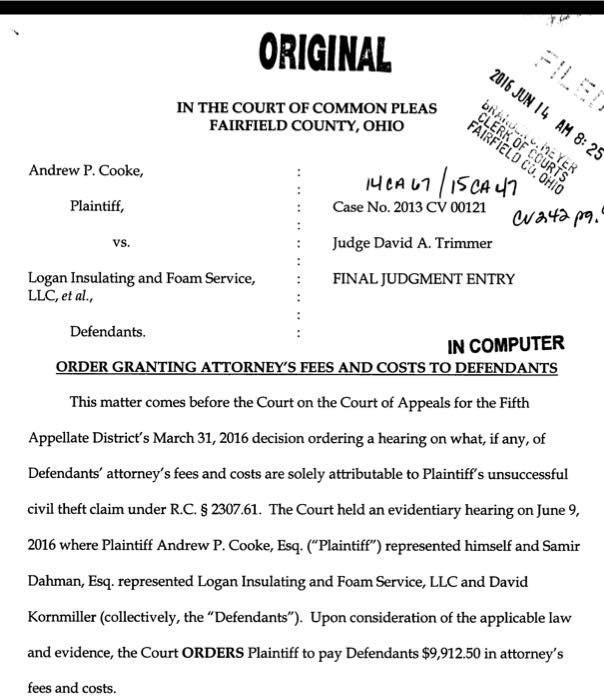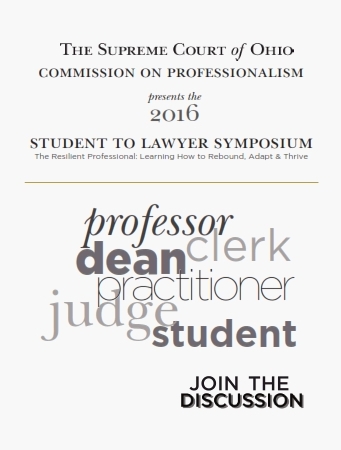Having an estate plan is important for all families, but it’s crucial for small business owners. Small business owners have a lot at stake and need to plan for the future to ensure their wishes for their company are carried out. What should you, as a small business owner do to ensure the success of your company long after you’re gone? KJK put together a few tips to make estate planning seem less overwhelming.
First, you need to sit down and think about what you want to happen when you pass away and how you want to provide for your family and business. If you don’t come up with a plan, the laws of intestacy will govern how your property and assets are distributed, which doesn’t often match everyone’s desires. Do you want your minor children to get their share of your assets right away or do you want a trust to hold the assets for your children until they reach a particular age? As you’re thinking about these things, make sure to also give due consideration to the potential for incapacitating lifetime disabilities. If you create a durable power of attorney now, which appoints someone to handle your property and financial matters, it avoids the burdensome process of trying to do so when it’s too late. Durable powers of attorney can be in effect for your entire life, or you can set them to “spring” when you become disabled or incapacitated. You should also appoint someone to handle your healthcare decisions. A healthcare power of attorney will make medical decisions for you if and only if you are unconscious or unable to do so yourself.
Second, you need to make preparations for your company. One of the first things you should do is to make sure your business is structured to protect you from creditors. Operate as an LLC or an S-Corporation, not as a sole-proprietorship or general partner. These structures avoid personal liability, although they are not bullet-proof, hence the need for a comprehensive estate plan. You also need to follow all corporate formalities. These things can help protect you and your company from liability while you are alive and after you pass away. You also need to come up with a succession plan that answers the important questions your business partners and employees may have after you’re gone. Where do you want your stock go when you pass away? Do you want your spouse, children, or other family members to gain control of the business? Your business partners may not want your family involved in the business if they are not already a part of it. In this case, a buy-sell agreement with a funding mechanism (such as an insurance policy on the life of the shareholders) could alleviate your partners’ concerns and still give you plenty of control. No matter what the answers to these questions may be, make sure to avoid a forced sale. Forced sales often yield poor prices.
Third, you should implement an asset protection plan now, before liability arises. Small business owners often sign personal guarantees to acquire assets or credit for their business. Additionally, if the business owns customer-accessible property (for example, a store as compared to an office or warehouse which customers don’t visit), the owners can be liable for accidents, such as slip and falls, which occur on the property. It is important to set up an estate plan now to secure assets because if a business owner waits until after they default on a loan or get sued for customer injury, it is often too late to protect assets. This is because if you make transfers into an estate plan (or to other family members or friends) after liability arises, the court may consider those transfers a fraudulent attempt to hide assets from creditors, and can invalidate those transfers – leaving those assets unprotected. Essentially, once a creditor or injured party is in the picture, it’s too late to prepare, but proactively establishing an estate plan greatly improves your chances to shield your assets. Why allow a creditor to undo all of your hard work when you can easily implement an estate plan now to ensure you’re protected?
It is important to keep in mind that making an estate plan should not be a one-time occurrence. Your estate plan should evolve over time. Every 3 to 5 years you should review it to see if your needs or decisions have changed. Please contact KJK’s Wealth Planning practice group to move forward with an estate plan that is right for you and your business.



